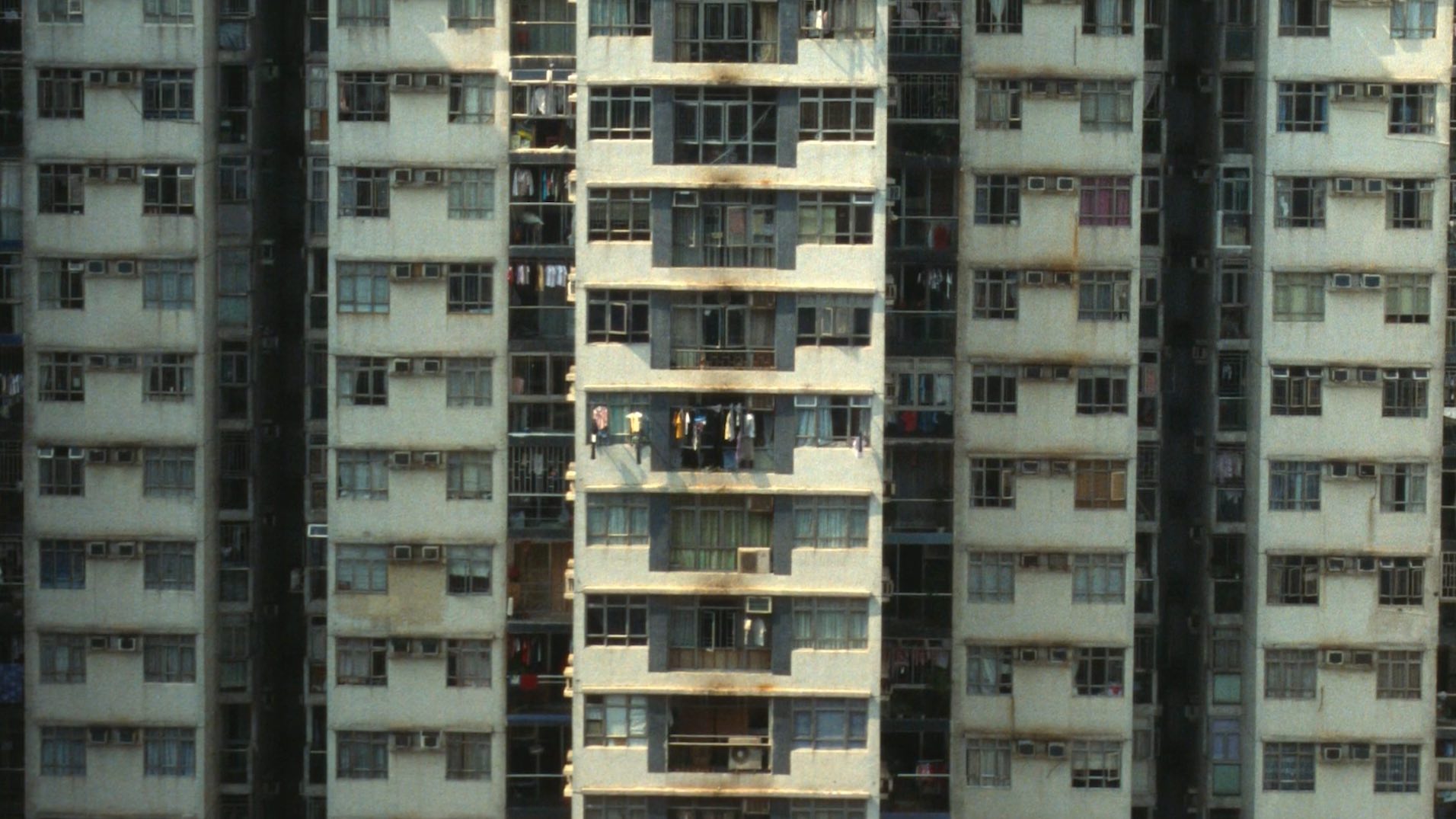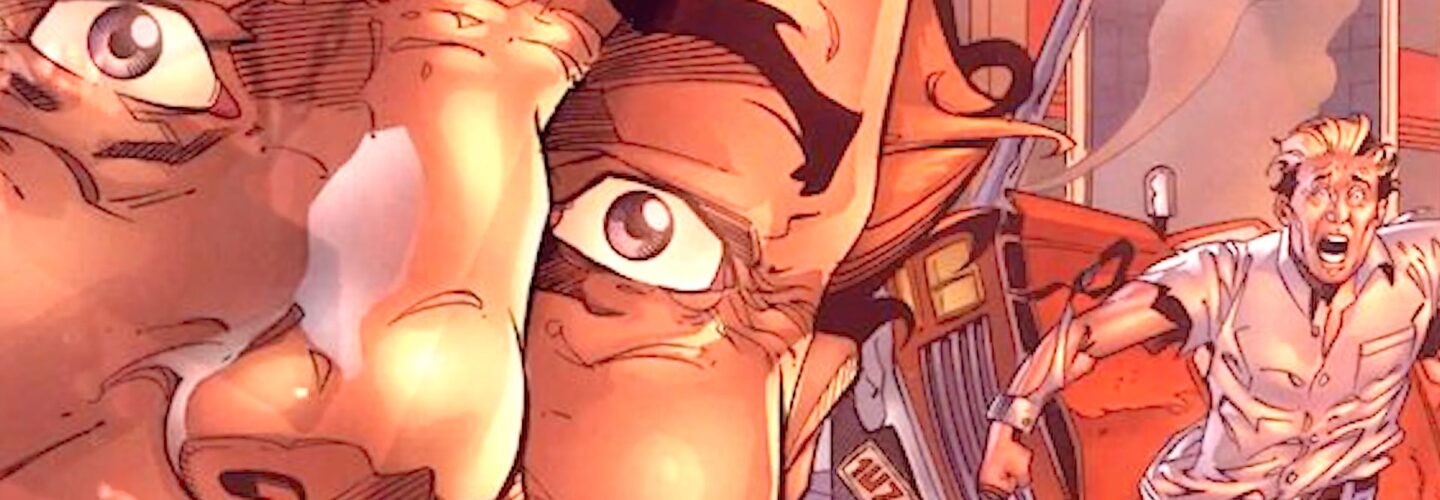
From Zombies to Apes, Aliens to Artificial Intelligence and Climate Change to Nuclear War, storytellers around the world have come up with a variety of imaginative ways in which they’ve envisioned the end-of-the-days. And whether it’s a movie, television programme, book, graphic novel or video game, these post-apocalyptic visions of the future seem to grow in popularity with every passing day. But what is it about these modern times that makes imaging an end of civilisation so appealing? Has our generation now given up all hope of a bright, happy future where technological advances have made our lives better? Or do the realities of the shit-storm constantly swirling around our planet make this a future less believable than those painted so vividly in these visions of our dystopian destiny?
Looking to explore the question of why we crave the awful futures of apocalyptic fiction, we’re joined by Producer and Programmer at Aeon Adam D’Arpino, as we aim to discuss their 5-minute video-essay Dispatches from the Ruins.
For those of us obsessed with post-apocalyptic fiction, we all have our reasons for being attracted to the genre, but what made you want to make this film now?
First, I’m a bit constrained in that most Aeon essays don’t convert easily into video essays for a number of reasons. The fact that the original essay, written by Frank Bures, had such evocative verbal imagery made the choice easy. I could picture how it could be made into an interesting archive edit as I read through it.
I started working on the script just after Trump was elected.
But beyond that, I think that Frank’s central observation is incisive and just below the surface: modernity has made life so much easier for a lot of people, but it also makes us feel like we’re not in control – we’ve turned so much of our lives over to technology we don’t really understand, and we’re part of massive economic and political systems that are so large we couldn’t possibly understand them. There’s a creeping feeling that it all might go haywire at any moment. In apocalyptic fiction, the grids turn off and we’re left in something closer to the environment we evolved to live in. It’s easy to see why that’s an appealing fantasy.
Also, without getting too political, I started working on the script just after Trump was elected, and I think that makes sense. For a lot of his supporters, a vote for him was a way of saying “I’m not comfortable with how quickly things are moving”. And for a lot of people on the other side, it was – and continues to be – a sure sign that the systems were spinning out.
With so much already said about post-apocalyptic fiction, what do you hope an audience takes away from a viewing of Dispatches from the Ruins?
There’s no single thing I want an audience to take away, I think, but if you live with a day-to-day low hum of existential angst, maybe Dispatches can help you get to the root of it and save you the therapist’s fee. Also, if you think something in the news means the world as we know it surely must be ending soon, history shows us time and time again that that probably isn’t the case.


How did you go about choosing the footage to use in the film? Were they all images you had in mind from the start or did you have to delve into the archives to discover some of them?
Choosing footage was definitely a combination of things popping to mind quickly and hard searching. I think I ended up downloading close to seven hours of footage in total, which I could scrub through when I was in a pinch. I was familiar with a lot of the post-apocalyptic books, movies, and TV shows Frank referenced in his essay, so figuring out which clip or book cover might fit where was fun and relatively easy. For sequences that didn’t have an obvious visual analogue the process could be pretty painstaking – I would try things, swap them out, put them back in, etc. The sequence from 3:12 – 3:24 with the high-rise apartment overlaid on Google Earth time-lapse videos, for example, was something that was the result of a whole lot of toying around with other (I think lesser) options. Just fiddling around and seeing what felt right, essentially.


